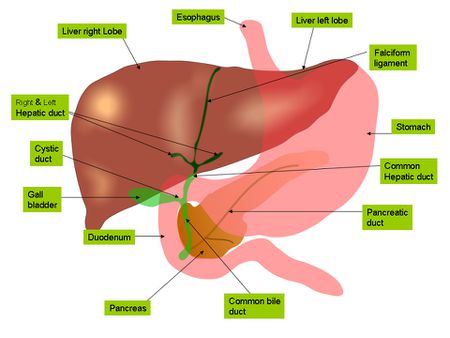Leg pain is a common problem, you probably have experienced at one time or another. Sometimes, the leg pain is caused by a joint problem such as arthritis. On the other hand, the pain you experience possibly branches from an issue with the muscles in the leg. These issues are caused by over usage, certain medications and even certain diseases.
Use issues
The main cause of a majority of leg pain issues stems from overuse. Any muscle which works too hard responds with symptoms such as pain, difficulty with movement and cramping. Oftentimes, aching legs include not only muscle pain but pain from ligaments and tendons as well. In some cases, damage is done to the muscle or ligaments causing muscle pain. These muscle injuries can occur due to a fall or even because of over usage.
Medications
Certain prescriptions and even some non-prescription drugs possess the potential to cause leg muscle pains. According to MedlinePlus, the illegal drug cocaine causes leg muscle pains. Other the other hand, angiotensin converting enzyme inhibitors - more commonly known as ACE inhibitors - are a classification of prescription drugs used to lower blood pressure.
These drugs may cause the side effect of leg muscle pains. Ace inhibitors include drugs like lisinopril, fosinopril and ramipril. The cholesterol lowering medication group called statins may cause pains in the muscles. These drugs include the generic drugs simvastatin, rosuvastatin and atorvastatin.
Diseases and other causes
Patients with fibromyalgia experience pain, tenderness and stiffness in the muscles and tendons. The condition is also known to cause fatigue, depression and anxiety. Fibromyalgia does not have a specific cause and does not cause internal inflammation or other internal symptoms.
Even food poisoning has been associated with pain in the muscles. In particular, trichinosis -- a diseased linked to the consumption of uncooked meats. The occurrence of trichinosis in the United States is highly unlikely due to the restrictions placed upon meat packing. A person develops this condition by eating an animal which is infected with the worm. The cysts of trichinella bust open causing a worm to enter into the intestines. Ultimately, this leads to cramping, muscle pain, muscle weakness, fever and abdominal discomfort.





